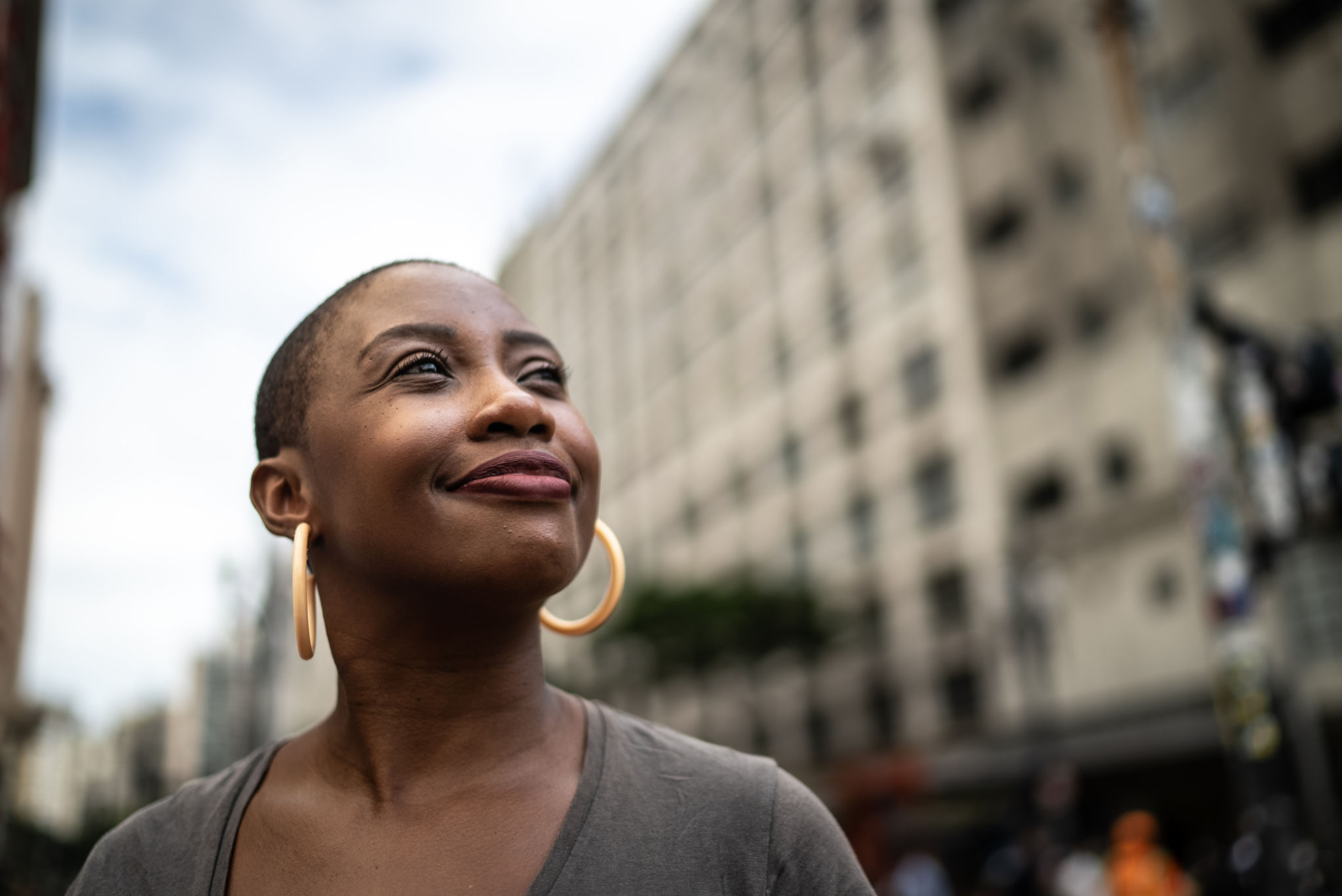Addiction Recovery: Why It's Not a Choice and How We Can Help
Let’s clear the air right from the start—addiction isn’t just about making bad choices. It’s not as simple as someone waking up one day and deciding to become addicted.
Addiction is a complex disease that changes the brain’s chemistry and makes quitting more than just a matter of willpower.

We are celebrating Recovery Month this September and want to explore what addiction really is, why recovery is a very tough road, and how we, as a community, can be the support system that truly makes all the difference.
Addiction: More Than Just a Choice
First things first—addiction is not a choice. Sure, the first drink or drug might be a choice, but addiction is what happens after repeated use rewires the human brain. Drugs and alcohol take over the brain’s reward system, releasing a surge of dopamine that makes you feel good—real good. Over time, the brain gets used to these high levels and stops producing dopamine on its own, leading to a vicious cycle of dependency.

Think of it like this: your brain starts to crave that substance the way it craves food or sleep.
It’s not just about wanting the substance; it’s about needing it to function.
This is why telling someone to “just stop” is like telling a fish to live without water. It’s not about a lack of willpower; it’s about a brain that’s been chemically altered to depend on that next hit or drink.
Treatment Options: There's More Than One Way to Heal

1. Detox and Inpatient Rehab: This is often the first step for many in recovery. Detox helps cleanse the body of substances, while inpatient rehab provides a structured environment with 24/7 support. It’s a controlled setting where people can focus entirely on recovery without outside distractions.

2. Outpatient Programs: For those who can’t commit to full-time rehab, outpatient programs offer flexibility. These programs allow individuals to live at home while attending treatment sessions during the day. It’s a good step for those who need ongoing support but have work or family commitments.

3. Medication-Assisted Treatment (MAT): MAT uses FDA-approved medications like methadone, buprenorphine, or naltrexone to help reduce cravings and withdrawal symptoms. This approach is combined with counseling and behavioral therapies to provide a holistic treatment plan.

4. Therapy and Counseling: Therapy is a cornerstone of addiction treatment. From cognitive-behavioral therapy (CBT) to group counseling, these sessions help individuals address the underlying issues that contribute to their addiction.

5. Support Groups: Programs like Alcoholics Anonymous (AA), Narcotics Anonymous (NA), and SMART Recovery provide peer support in a group setting. The power of sharing experiences and leaning on others who’ve been there can’t be underestimated.
The Role of Community Support

No one recovers in isolation.
The importance of community in addiction recovery cannot be overstated.
Whether it’s family, friends, or a broader community network, support is crucial. Here’s how communities can make a difference:
Provide Safe Spaces: Create environments where those in recovery can feel safe, supported, and accepted. Whether it’s a community center, a church, or even a coffee shop, having a space to connect is invaluable.

Educate and Reduce Stigma: Misinformation and stigma keep many people from seeking help. By educating the public and treating addiction as the disease it is, we can break down barriers and make it easier for individuals to reach out.

Offer Resources and Access to Care: From job training to mental health services, providing resources that address the root causes of addiction is essential. Easy access to these services can be the difference between relapse and recovery.

The Power of Faith and a Higher Power
For many, faith and belief in a higher power are pivotal in the recovery journey.
It’s not about pushing religion; it’s about finding something bigger than oneself to hold onto.
Here’s why it helps:
1. Sense of Purpose: Faith can provide a sense of purpose and direction, which is often missing in the chaos of addiction. Knowing there’s something greater to strive for can be a powerful motivator.

2. Community Connection: Faith-based groups and religious communities offer a built-in support network. Whether it’s a church group or a recovery program with spiritual roots, these connections can provide a sense of belonging and accountability.

3. Hope and Forgiveness: Addiction often comes with a heavy load of guilt and shame. Faith can offer a path to forgiveness—both from a higher power and from oneself. It’s about finding grace and believing in the possibility of change.

Call to Action
Recovery is tough, but it’s not impossible. And the good news? You don’t have to do it alone. As a community, we have the power to support, uplift, and guide those struggling with addiction. Here’s what you can do:
Educate Yourself: Learn about addiction and recovery. The more you know, the better you can support those around you.

Get Involved: Volunteer with local recovery groups, donate to organizations like Sober Not Boring, or simply be a supportive friend or family member.
Spread the Word: Share this blog, talk about the issues, and help reduce the stigma surrounding addiction.
Conclusion

Addiction isn’t a choice, but recovery is! It’s a choice made possible by support, compassion, and the right resources. This Recovery Month, if we all commit to being part of the solution, imagine the putcome!
Whether it’s offering a kind word, lending a hand, or simply being there, your support could be the lifeline someone needs.
Let’s make a difference—one step, one day, one person at a time.
Heidi, The Caffeinated Chaplain and alcoholic. 9.5 months and counting since my last drink!
01/01/2024
